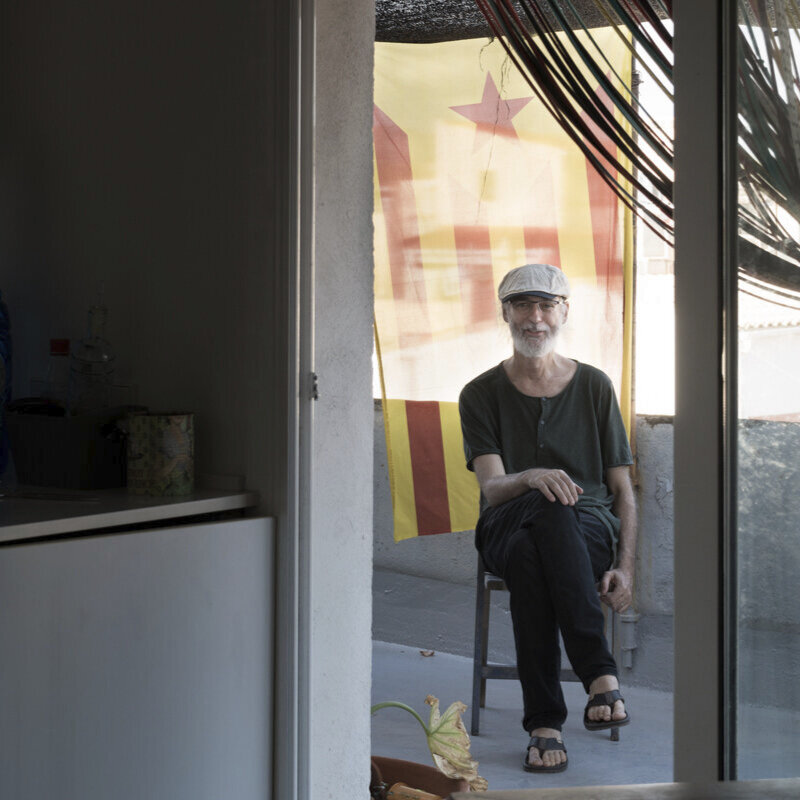If you like reading my posts, consider becoming a patron on patreon.com/jccandanedo where you can learn more about my creative process and the stories behind my images. I’d love to have you as part of my Patreon community.
You can also subscribe to my weekly blog posts here!
These days, there is a collective need to be good for the world. Society wants us to be greener, to be ethical and to have a purpose. Many businesses, especially bigger brands, have successfully aligned their mission with this new collective social conscious. They are working hard towards using 100% green materials, producing with 100% sustainable suppliers, or becoming 100% ethical. But for smaller businesses, particularly creative entrepreneurs, the idea of having to adapt their business to become 100% good for the world can be daunting. Where does one start?
Achieving 100% of anything might not be realistic. Being 100% of something implies that we are done, that we have reached the end of our efforts, and that there is nothing else left to do. But, the reality is that just our mere existence as a business and as a human being has an impact on the planet. To be 100% green and have zero impact in the world we would have to stop existing altogether.
A better approach to sustainability and ethical practices would be to become a work in progress. When you are a work in progress, it means that you are constantly assessing your business and your processes to improve them. It means that you know that your efforts to be better for the planet and for society are never over. And, if you look at it this way, it becomes easier to start slowly and apply changes as you go where you see that they are needed.
To start running a more sustainable and ethical practice, you could start by identifying where improvements can be made. Then, you make a plan of how you are going to apply those changes.
For instance, our photography businesses run on electronic equipment. This equipment has a limited lifespan. Even if we tried to get our money’s worth, we would still have to replace our cameras, computers and phones every 5 years because, otherwise, they become obsolete. Our equipment also uses batteries and, nowadays, most of these batteries have a lifespan of 3 years.
A simple step towards becoming greener could be buying products that will last longer. Equipment that will not force you to replace it too often. If you have to change it, try to repurpose the old one. Use it as a backup, sell it on the second-hand market, or find ways to reuse its individual parts.
Buy from suppliers and manufacturers that are environmentally conscious, those who use less packaging material, and those who have strict environmental policies in place. Try implementing other actions like remembering to turn off electrical equipment when not in use, or buying rechargeable batteries whenever possible.
When it comes to ethical practices, asking yourself a few questions might help. Are your suppliers running businesses with ethical policies in place? Are you paying your collaborators fairly? Are you championing diversity and inclusion in your projects? Do your clients align with your ethos? Is there something else that you could do to have a positive impact on your community?
Contact your current suppliers and ask them about their ethical and equality policies. Find out if you are paying your collaborators a fair living wage. Make a list of those clients who no longer align with your ethos and think of how you can get more like-minded clients and reduce your dependency from the ones who are not. Pay attention to pressing issues in your area and think of ways in which your business can contribute to improving your community.
The unexamined practice is not worth running. We should make the effort to be in a state of constant work in progress, of constant self-improvement. As businesses, our goal is to make a profit. But, in order to make a profit, we need clients who are part of healthy economies and stable communities. If we want to guarantee those conditions, we must make it part of our core mission to benefit and improve the world.
Photo credit: portrait by Ivan Weiss.































